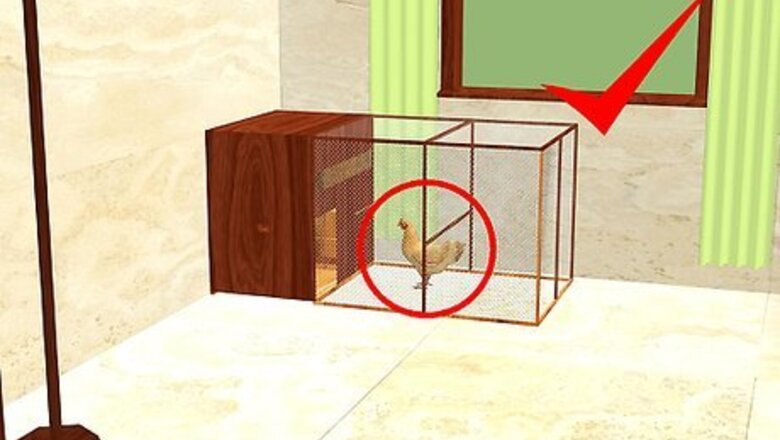
views
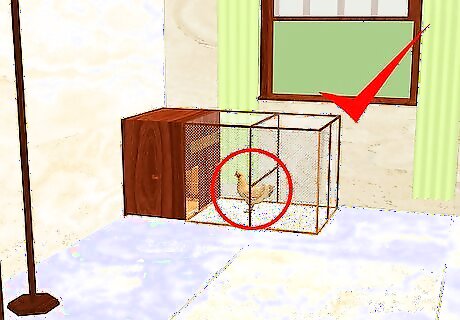
Create a safe home (coop, run and nestbox) for your chickens, with enough space per bird. Each Chicken will need at least 4 or 5 square feet, more if you can provide it. Get only as many chickens as you can give comfortable space. (If they are too crowded they will cannibalize.) Chickens are flock animals; that is why hatcheries sell them in groups of at least 3, in case one dies the other two will still have each other. You can buy a coop, or build the coop yourself, or modify a dog house and add a run. The roost should be about 12 to 18 inches (30 to 46 cm) above the floor, so the birds can jump onto it but not get injured jumping down when they leave the roost. They should have free access to the run, coop and nestbox at all times.
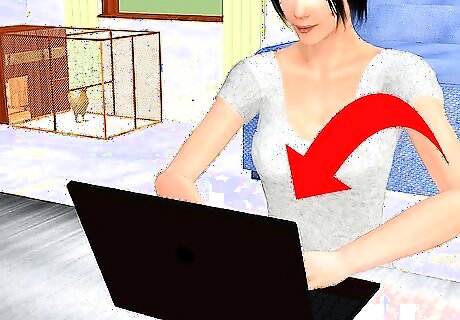
If you live in an apartment then you probably live in a city that has a university of college. That institution will probably have animal care for its research, and that is a good place to find resources for feed and litter. You will need to provide oyster shell and grit mixed into the feed. Add commercial poultry vitamins in the water (follow directions); Enviro-dri is excellent litter and is compostable. Or you can find everything online at such places as Meyer's Hatchery www.meyerhatchery.com or MyPetChicken.com.
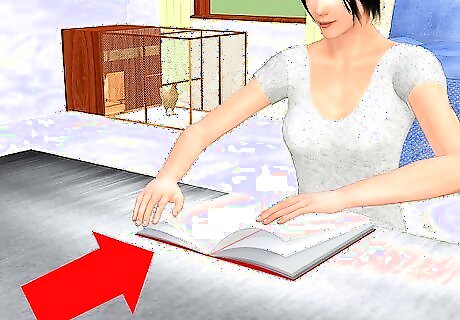
Get the best book on Chickens: The Chicken Health Handbook, and read it.
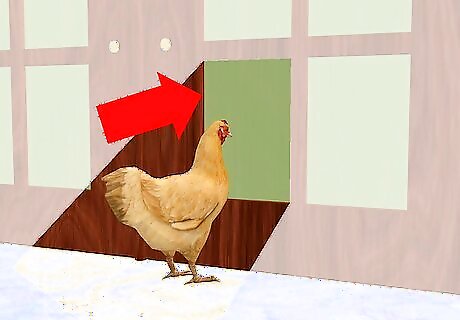
Chickens should have access outdoors for sunshine as much/often as possible. They should have ZooMed's avian lamps indoors to provide the proper light for their vision and for their bodies to create the hormones etc.
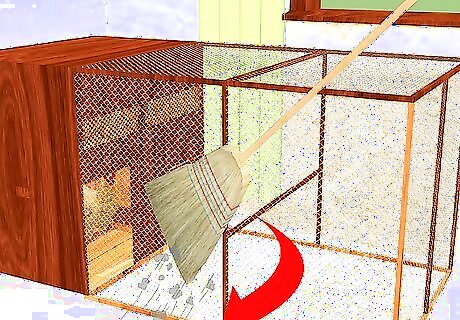
Clean the coop, run and nestbox every week. The chickens will learn to expect this and cooperate by moving into the coop when you clean the run, into the run when you clean the coop, etc. Remove all old litter, feces, etc., wash the floor and roost and sides with nontoxic soap and hot water (Murphy's Oil Soap is good), let dry and refill with clean dry litter. Wash the feeders with white vinegar. Wash the waterer with white vinegar. If you are using a waterer that has a narrow opening you can clean out any algae or green moss by swishing white vinegar and rinsing with hot water.
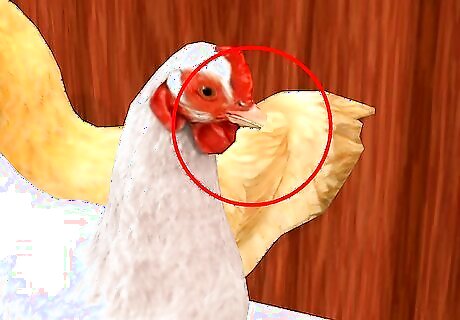
If you purchase "juvenile" birds (about 14-16 weeks old) from a hatchery you will get birds whose beaks have been cut. This is necessary for shipping them but creates a lifetime of pain for the birds. If you can buy day-old chicks and raise them yourself (a whole other story of caring for them) then your birds will have whole beaks. Be sure to get the immunizations that the hatchery offers. Juveniles will be "wild" due to lack of human contact. Buying your own chicks and raising them in your apartment will make them truly your pets; they will bond to you (and you will bond to them).
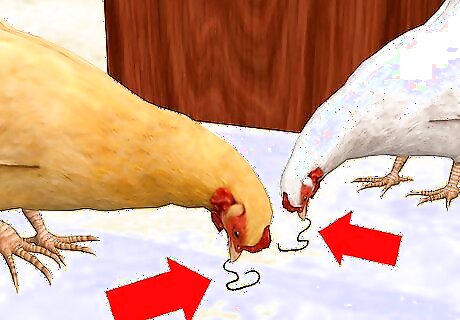
They love treats: commercially prepared dried meal worms, apples (peeled and cored), alfalfa (you can grow it yourself from health food sprouting seeds), 12-grain bread with cod-liver oil, yoghurt (plain, no sugar added). Be careful not to let them eat too much, it is a treat, not a food. Also they must have grit to grind up the fibrous material after they swallow and it moves inside their crops. Not too much fibrous material or it will impact the crop.
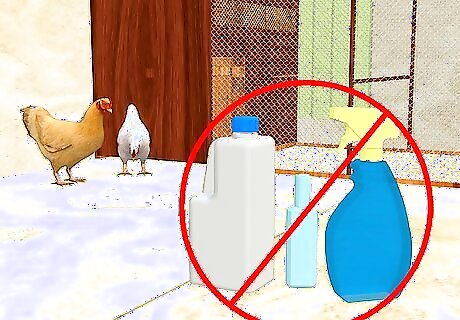
Maintain a safe environment for your chicken - do not leave poisons, cleaning supplies, etc. within reach of your chicken - They'll eat anything. Don't allow potted plants within range of the chickens unless you intend for the plants to become chicken treats (especially poisonous plants).
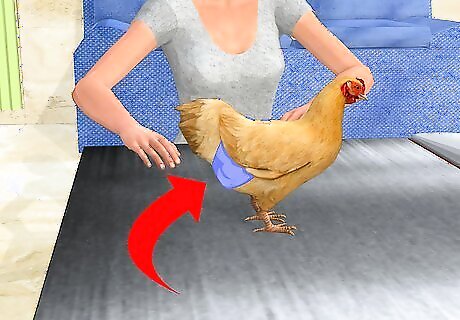
Keep your apartment a healthy environment for you and your friends or family, as well. This means, cleaning up after your chicken or, preferably, diapering your chicken. Diapers can be found online in several spots. Place the housing near (not next to) a window and put a box fan into the window to exhaust the air. A second window across the room or apartment will bring in fresh air. An old-fashioned manual carpet sweeper will silently pick up debris that the chickens scatter outside their coop.
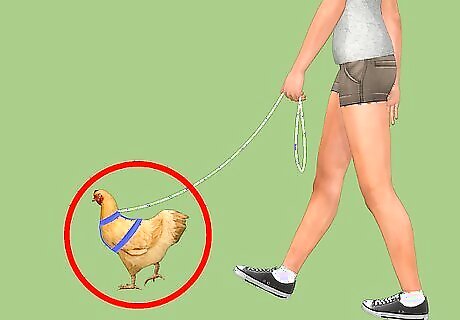
If you take your chicken for a walk, harness your chicken to avoid traffic.
















Comments
0 comment